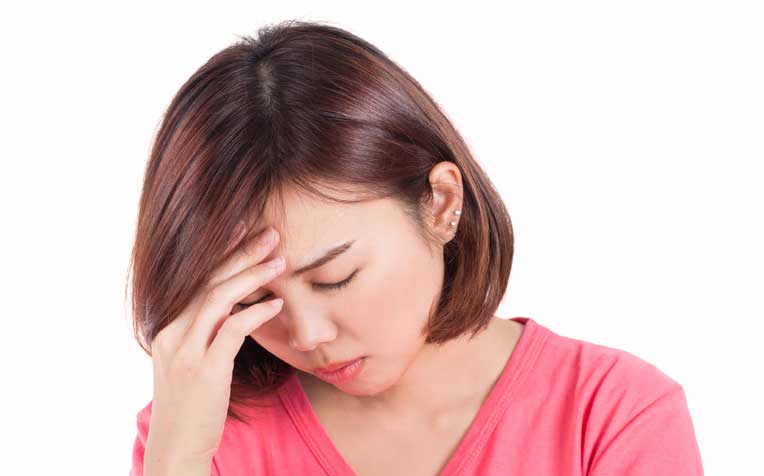HealthXchange will NEVER ask you to transfer money over a call. If in doubt, call the 24/7 ScamShield helpline at 1799, or visit the ScamShield website at www.scamshield.gov.sg.
Headaches: How to Prevent and Treat

An effective way of preventing headaches is to better manage your stress, and get enough sleep and rest.
Living with a headache is a challenge and can be incapacitating. The goal is to take control of your headache and not let it take control of you and your life. Apart from medical therapy, maintaining a healthy, balanced lifestyle is also important.
8 Ways to prevent headaches naturally
Some things you can do to avoid getting a headache include:
Identify and avoid food triggers
Keep a food diary and try to look out for foods that may appear to be setting off your headache
Common foods that may bring on a migraine attack in sufferers include cheese, chocolate, alcohol, nuts, peanut butter and monosodium glutamate (MSG)
Get enough sleep and rest
Rest is important for almost all migraine attacks
Adequate sleep can abort relatively mild attacks, and may be sufficient to prevent the onset of a migraine, without the need to take medication
Limit the consumption of caffeine
This can help to improve the quality of sleep and reduce the frequency of headaches
Adopt a regular exercise regime
Eat regular meals
Avoid smoking
Manage your stress level
Avoid irregular shift work
Treatment for headaches
According to the National Neuroscience Institute (NNI) Department of Neurology, a member of the SingHealth group, there are many ways of treating a headache.
In general, though, these can be separated into:
Symptomatic treatment - Relieve the symptoms of an attack; and
Prophylactic treatment - Aimed at preventing an attack
For more severe or disabling migraine attacks, acute management will include the use of painkillers such as NSAIDS, caffeine, ergotamine or a group of medications called triptans, the drug of choice for people who suffer severe attacks.
Preventive medications may include antidepressants, which work by affecting the level of serotonin. For patients with frequent migraine attacks, several agents including beta-blockers, anticonvulsants and benzodiazepines may be used as prophylaxis, which, over time, will reduce the frequency of attacks.
Ref: U11
Check out other articles on headaches and brain tumours:
When You Should See a Doctor for a Headache
Headache or Migraine? How to Tell the Difference
3 Most Common Types of Headaches
Related Articles
Conditions & Treatments
Headache
Headache is a common medical complaint of pain or discomfort in the head or face. Learn more about its symptoms, causes, types and treatments.
Public Events
Get the Health Buddy App
© 2025 SingHealth Group. All Rights Reserved.














 Get it on Google Play
Get it on Google Play